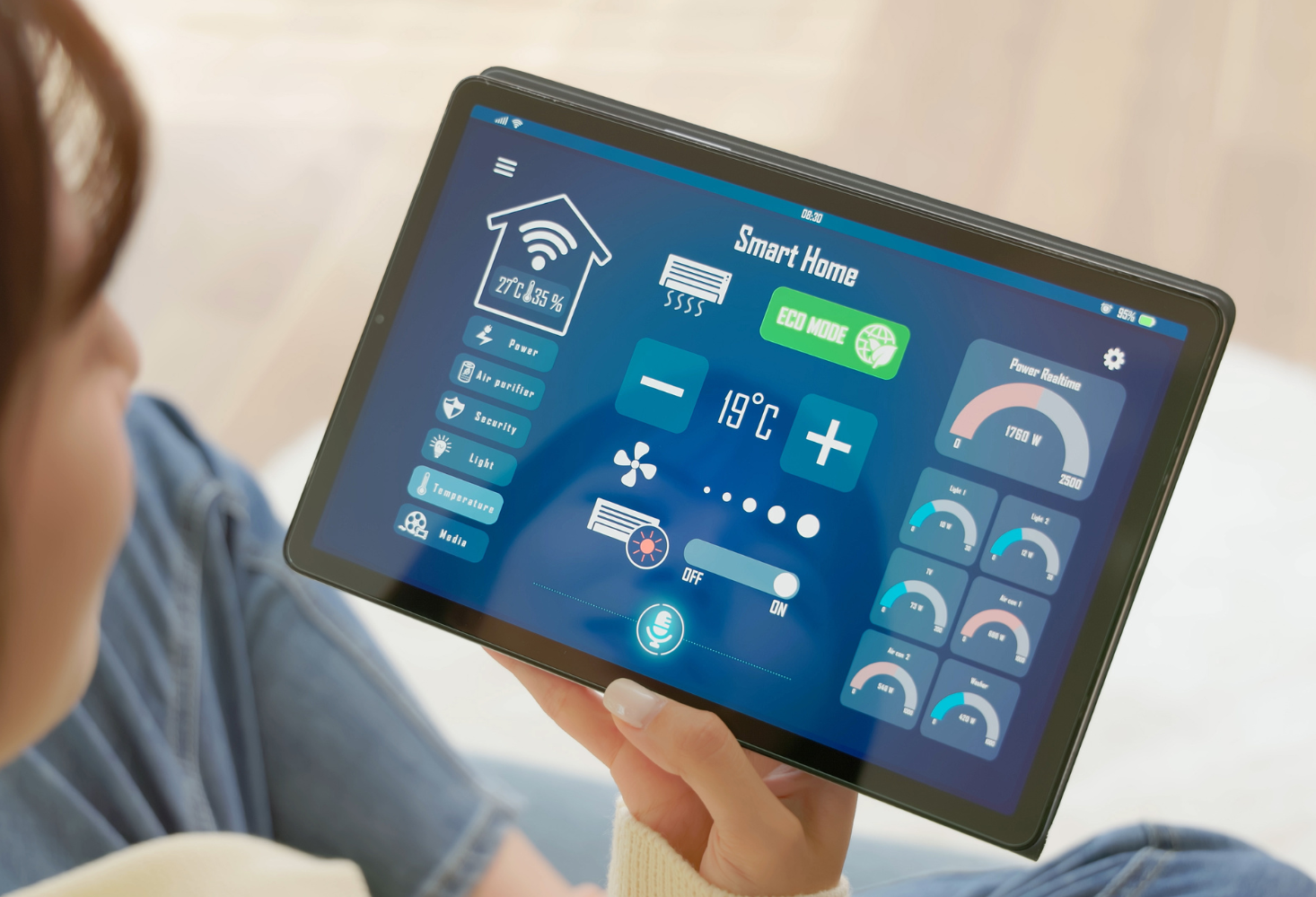Comfortable and healthy living conditions and access to clean energy should be inclusive and accessible to all European Citizens.
Since Europeans spend 90% of their time indoors (with a substantial share of time at home), indoor conditions seriously impact citizens' well-being.
Still, healthy indoor conditions are challenging to obtain due to several factors related to the all-around condition of the building stock, the variability of its typology and age.
In addition, further challenges associated with building energy efficiency, fossil fuel dependency and CO2 footprint need to be addressed urgently due to climate change effects.
PRELUDE enables European Society to achieve energy security and realise climate and energy goals.
The Horizon 2020 project PRELUDE unites 21 partner organisations from 8 EU Member States and associated countries to address the challenges above and facilitate the transition towards clean energy by improving indoor conditions in an energy-efficient and sustainable way.
The solution
PRELUDE offers an optimisation service that combines innovative, smart, low-cost solutions to assess the right level of smartness necessary for any given household and provide the optimal tools that respond to every user's needs.
The PRELUDE service is designed to:
- Be versatile and adaptable to the building's engagement, monitoring and automation level.
- Provide and prioritise passive solutions (i.e.natural ventilation and cooling) to reduce mechanical Heating, Ventilation, and Air-Conditioning (HVAC) energy consumption.
- Act as a predictive maintenance system, reducing maintenance and repair costs.
- Emphasise Renewable Energy Sources (RES).
- Facilitate big data and advanced analytic tools of flexible building demand and ease integration into district heating and electricity grids.
- Achieve proactive optimisation through data predictive control.
The impact
PRELUDE solutions can bring an instant and substantial upgrade to any given household.
PRELUDE provides a system capable of adapting to the user's requirements, predicting their needs, and self-actuate automatically or based on user input.
By leveraging occupant and building operations, the system can achieve energy savings above 35%, while maintenance and repair costs reduction can exceed 39%.
The different PRELUDE components and tools will be assessed separately or as part of the overall system through various application schemes, including residential and office buildings in Switzerland, Greece, Poland, Italy and Denmark.
Our company's role
LIBRA AI Technologies develops a Measurement and Verification (M&V) module to perform ML-based measurement and verification activities to model buildings' energy footprints.
The applied M&V methodology is based on the International Performance Measurement and Verification Protocol (IPMVP), the most credible M&V protocol developed by EVO, for the statistically rigorous confirmation of energy savings after any retrofitting and on the M&V 2.0 state-of-the-art technological advancements.
The M&V methodology enables planning, measuring and analysing data to verify and report energy savings within an individual facility resulting from implementing any Energy Conservation Measures (ECMs).
The M&V activities LIBRA AI deploys are essential, considering that savings cannot be directly measured as they represent the absence of energy consumption. Instead, savings are determined by comparing the new energy consumption after deploying the ECMs with the predictive energy consumption of the building if these specific measures were not adopted.
Overall, with the M&V activities, LIBRA AI aims to offer an independent assessment of the effectiveness of the project's interventions applied by the consortium partners. The company's methodology will be used and tested in all seven demo sites of the project.
To ensure sustainability and solution uptake, our Energy Consumption Prediction model also makes it easy for stakeholders to perform the M&V methodology in the future when and if an ECM occurs.
Learn more
For more PRELUDE project news and advances, please visit the following website and join our social media community: PRELUDE website | Linkedin | Twitter
![]() This project has received funding from the European Union's Horizon 2020 research and innovation programme under Grant Agreement N° 958345.
This project has received funding from the European Union's Horizon 2020 research and innovation programme under Grant Agreement N° 958345.

